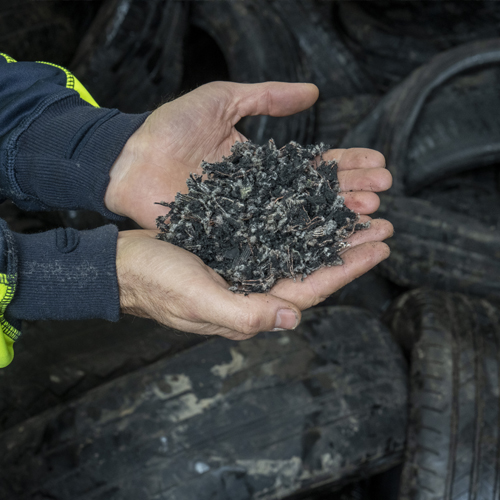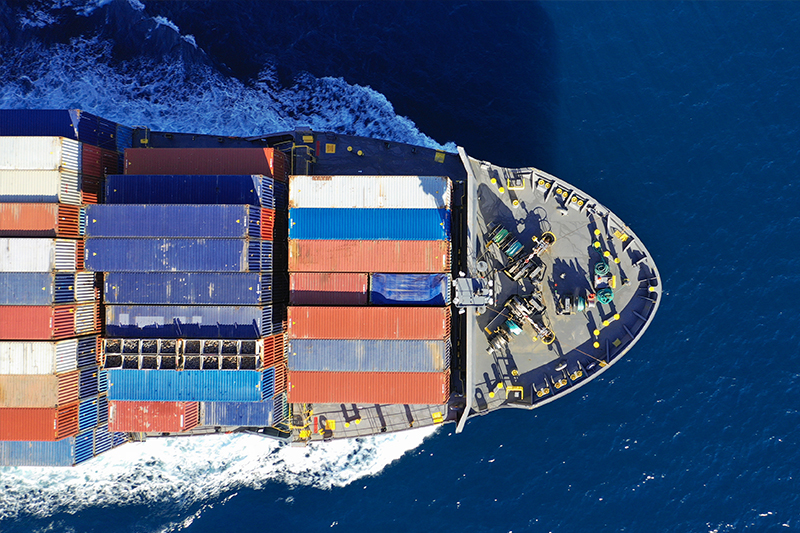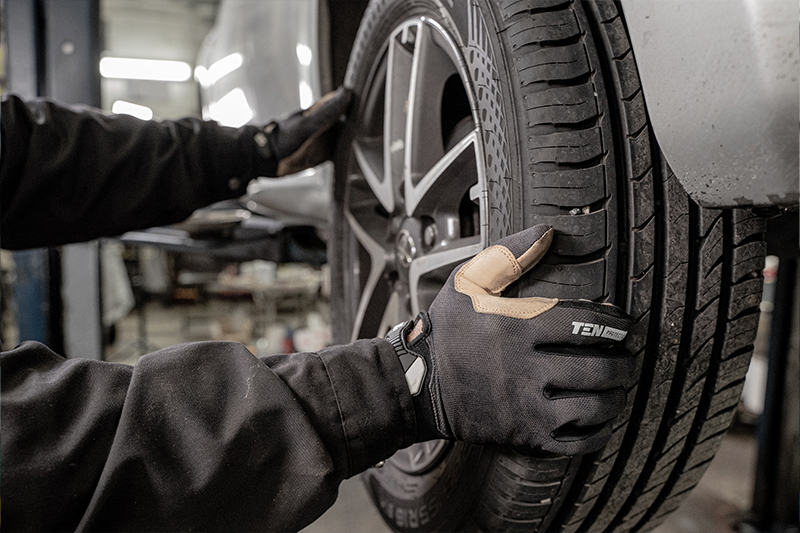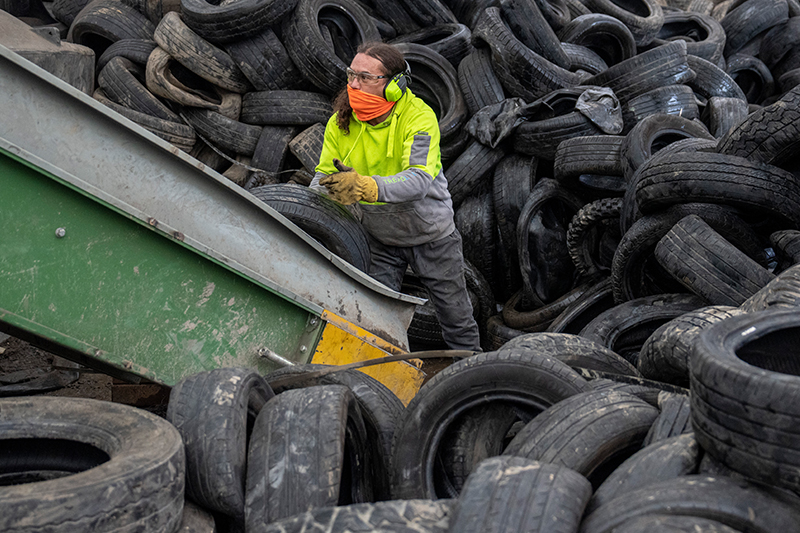Regulation for tyres
Haere whakamua. Move forward.
Over a decade of work from tyre retailers, importers, the recycling industry and government has resulted in regulation providing for the stewardship of end-of-life tyres.
Leading the way
Tyrewise is leading the way as Aotearoa New Zealand's first regulated product stewardship scheme.
Following the declaration of ‘priority product’ in July 2020, the government has published further regulation in September 2023. This regulation makes sure those making, selling and using tyres take responsibility to prevent end-of-life tyres ending up in landfills or the environment. Instead they will become useful resources to create economic and social benefit as part of a circular economy.
The regulation requires all importers and sellers of regulated tyres in New Zealand to act in accordance with Tyrewise. But what does that mean?

The regulations
The regulations relating to stewardship of tyres under the Waste Minimisation Act 2008 have been published in several stages:
- Waste Minimisation (Tyres) Regulation 2023 – key aspects covered by this regulation include eligible tyres, liable parties, scheme participants, compliance, fees for regulated tyres, incentives and timeline. It also outlines the quality standard for use of tyre-derived products in playing surfaces.
- Information on the Ministry for the Environment website about the regulations
- Declaration of Priority Products Notice 2020 – this first step outlined six product categories which the government consider caused significant harm to the environment and would benefit from regulation.
- General Guidelines for Product Stewardship Schemes for Priority Products Notice 2020 – a general guideline for accredited schemes including the intended effects, governance, operations, targets, accessibility and accountability.
- The Treasury Te Tai Ōhanga Regulatory Impact Statement
Some aspects of how Tyrewise operates sit in the regulations while certain operational matters are governed through a deed of funding and the scheme accreditation.
Types of tyres
The regulation includes all pneumatic (air-filled) tyres and solid tyres for use on motorised vehicles, including cars, trucks, buses, motorcycles, aircraft and off-road vehicles (‘regulated tyres’). These are Tyrewise Scope One tyres. Imported retreaded aircraft tyres are exempt under the regulation.
Other tyres, such as those for use on bicycles and non-motorised equipment, plus coils for retreading tyres / precured tread rubber, will be covered by Tyrewise at a later date. Consultation on these Scope Two tyres is expected late 2024.
Liable parties and scheme participants
The following members of the tyre supply chain are required to act in accordance with Tyrewise:
Liable parties
- Importers of eligible tyres, whether loose or on vehicles
- Retailers of eligible tyres, whether loose or on vehicles
Scheme participants
- Generators – large users of tyres which are replaced on site, or fitters who take old tyres when selling new ones
- Collection sites – a place where the public can drop off unwanted tyres (such as a transfer station)
- Transporters of eligible end-of-life tyres
- Processors of end-of-life tyres
- Manufacturers of products made from end-of-life tyres who wish to be paid incentives for eligible products
Registration
If you are involved in the import, sale, collection or processing of tyres, you must register with Tyrewise.
Registration enables free collections, as well as payments and incentives to be paid to registered participants once the scheme is fully operational. Manufacturers can register if they wish to receive incentive payments for eligible products.
If you haven’t yet registered, you can do so here.
Tyre stewardship fee
Replacing the ad hoc disposal charge with the tyre stewardship fee (formally known as the Advanced Stewardship Fee or Advanced Disposal Fee) has been set at $6.65 + GST per EPU (Equivalent Passenger Unit).
Under the regulation tyre types are grouped according to factors such as their size and function and assigned an average EPU value. For example, on average a motorbike tyre is 0.5 EPU and a large truck tyre is 4.2 EPU.
A full breakdown of all fees is included in the regulation.
Timeframe
- 1 March 2024 – the regulation comes into effect on this date. From this date importers of regulated tyres, whether loose or on vehicles, pay tyre stewardship fees. Fees are passed on through the supply chain to consumers. The fee must be transparently shown on invoices at all points of sale.
- 1 September 2024 – Tyrewise will be fully operational. From this date, Tyrewise will pay for collections of end-of-life tyres from registered retailers, generators and collection sites. These tyres will be delivered to registered processors. Tyrewise may also start incentive payments for eligible products to processors and manufacturers for the domestic market. Any charges for end-of-life tyre disposal must cease for tyres on which the tyre stewardship fee has been paid.



